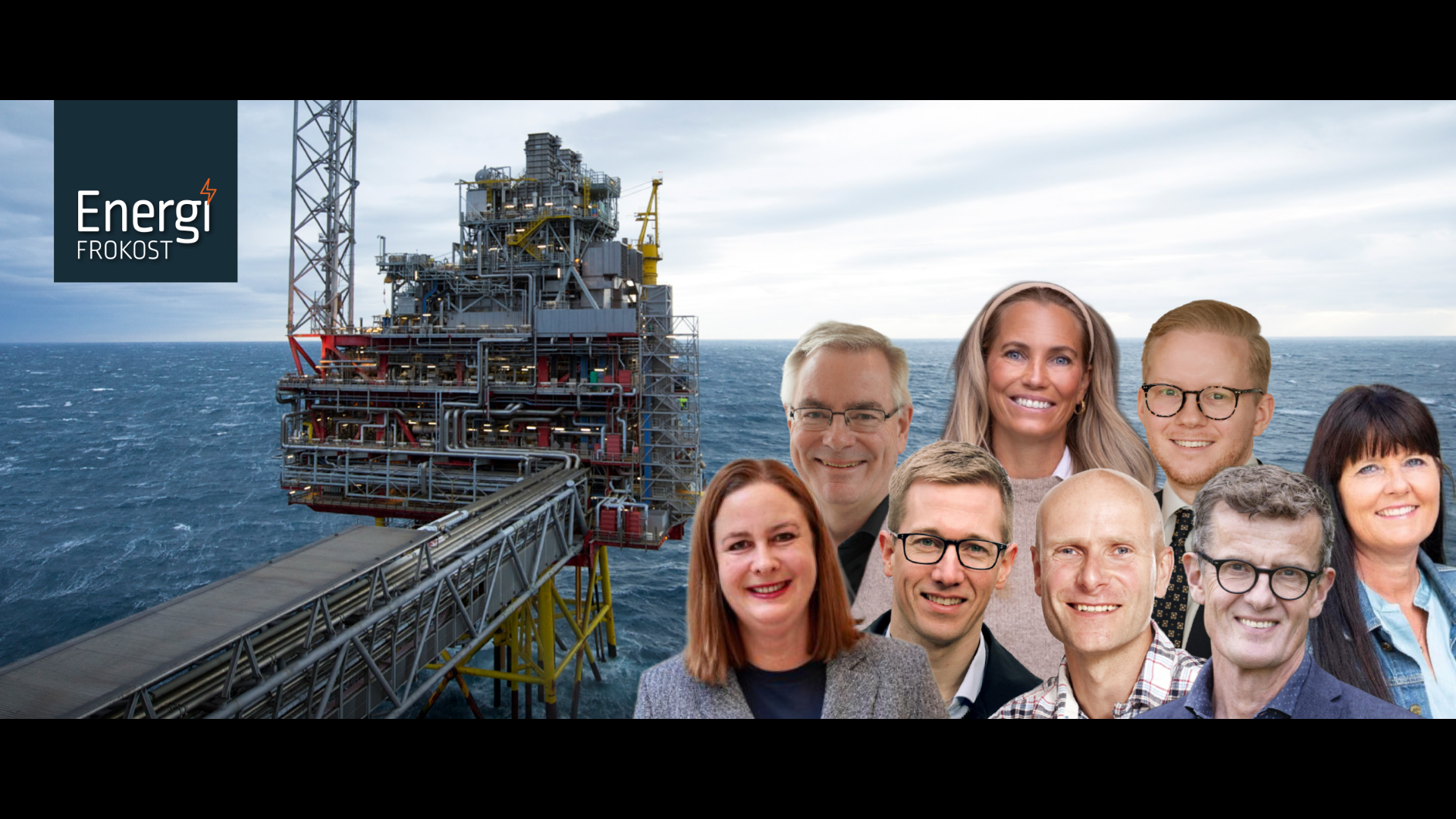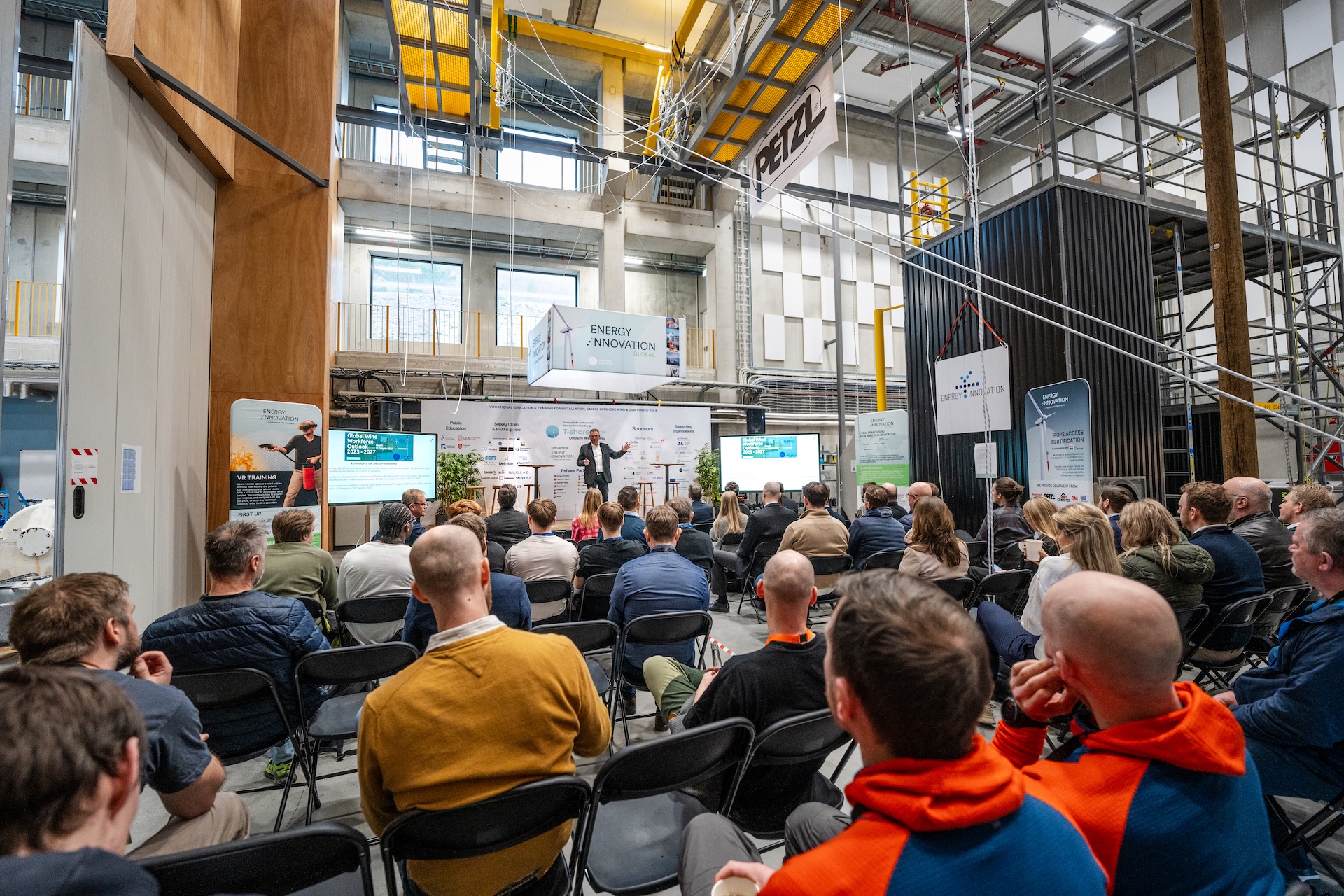H2 Conference Norway
The international conference gathering leading voices and decision makers discussing the goals, strategies and framework needed for the development of hydrogen value chains.
Hydrogen is said to be one of the key components needed to really succeed with the energy transition. But how will the value chains look for hydrogen as an energy carrier and part of the large-scale energy mix? The H2 Conference invites politicians, leaders, analytics, think tanks and others working with the shaping of the hydrogen future, both upstream and downstream.
Stavanger, Norway has proud roots in the oil and gas industry. This world-leading competence and the synergies between different energy technologies will be a major part of the development of the hydrogen economy and value chains.
It is therefore with great pride that Stavanger invites the leaders and decision makers that will shape the hydrogen future of tomorrow to the H2 Conference, September 7th, 2023.
SESSION 1: The Big Picture
Objective: Establish a common understanding of the context within which we need to operate to establish a sustainable value chain for H2.
SESSION 2: Demand
Objective: Establish a common understanding of customer needs and market developments.
SESSION 3: Supply Chain
Objective: Establish a holistic view of the value chain for H2 including an understanding of challenges and opportunities.
SESSION 4: Technology
Objective: Present a few short and crisp examples of the latest and greatest technologies to deliver cost-effective hydrogen to the market.
SESSION 5: Afterwork
Networking, snacks, and drinks at the Stavanger Chamber of Commerce.
SESSION 6 (Friday Sep 8th): Site Visit: Risavika Hydrogen Hub (09.00 - 12.00)
Please find a detailed program and speakers list on www.h2conference.no
.png)
Upcoming events
Members only

Energifrokost
Offshorebransjen – Omstillingen som kommer
Members only

Energifrokost
Offshorebransjen – Omstillingen som kommer
Members only

Visiting Day at Egersund Energy Hub
Demonstrations, GWO Training and Workforce Development
Members only

Visiting Day at Egersund Energy Hub
Demonstrations, GWO Training and Workforce Development
